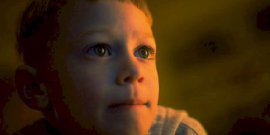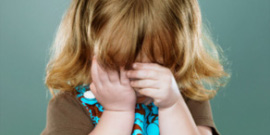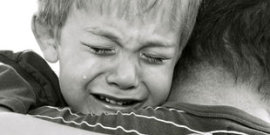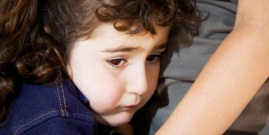Anger & Related Issues
Anger is an emotion. The physical effects of anger include increased heart rate, blood pressure, and levels of adrenaline and noradrenaline. Some view anger as part of the fight or flight brain response to the perceived threat of harm. Anger becomes the predominant feeling behaviorally, cognitively, and physiologically when a person makes the conscious choice to take action to immediately stop the threatening behavior of another outside force.
Anxiety
Anxiety is a psychological and physiological state characterized by cognitive, somatic, emotional, and behavioral components. These components combine to create an unpleasant feeling that is typically associated with uneasiness, apprehension, fear, or worry.
Behavioral Home Contracts
Blended Family Challenges
A blended family or reconstituted family, is a family in which one or both members of the couple have children from a previous relationship. The member of the couple to whom the child is not biologically related is the stepparent, specifically the stepmother or stepfather.
Depression
Child depression is a mental illness in which a child feels worthless and is generally sad for a long time each day. About 5 percent of children and adolescents suffer from depression at any given time.
Eating Disorders
An eating disorder is characterized by abnormal eating habits that may involve either insufficient or excessive food intake to the detriment of an individual’s physical and emotional health. The causes of eating disorders are complex and not yet fully understood.
Grief-Loss
Grief is a multi-faceted response to loss, particularly to the loss of someone or something to which a bond was formed. Although conventionally focused on the emotional response to loss, it also has physical, cognitive, behavioral, social, and philosophical dimensions.
Oppositional Defiant Disorder
Oppositional Defiant Disorder is described as an ongoing pattern of disobedient, hostile and defiant behavior toward authority figures which goes beyond the bounds of normal childhood behavior. People who have it may appear very stubborn.
Post-Traumatic Stress
Post-Traumatic Stress Disorder is a severe anxiety disorder that can develop after exposure to any event which results in psychological trauma. This event may involve the threat of death to oneself or to someone else, or to one’s own or someone else’s physical, sexual, or psychological integrity, overwhelming the individual’s ability to cope. Children may develop PTSD symptoms by experiencing bullying or sexually traumatic events like age-inappropriate sexual experiences.
Self-Esteem
Self-esteem is a term used in psychology to reflect a person’s overall evaluation or appraisal of his or her own worth. Self-esteem encompasses beliefs (for example, “I am competent” or “I am incompetent”) and emotions such as triumph, despair, pride and shame.
Self-Harm
Self-harm (SH) or deliberate self-harm (DSH) includes self-injury (SI) and self-poisoning and is defined as the intentional, direct injuring of body tissue without suicidal intent. The most common form of self-harm is skin cutting but self-harm also covers a wide range of behaviours including burning, scratching, banging or hitting body parts, interfering with wound healing, hair pulling (trichotillomania) and the ingestion of toxic substances or objects.
Separation Anxiety Disorder
Separation anxiety disorder is a psychological condition in which an individual experiences excessive anxiety regarding separation from home or from people to whom the individual has a strong emotional attachment (like a father and mother). It becomes a disorder when the separation reaction becomes strong enough to impair people’s ability to conduct their day to day lives and relationships.
Shyness
In humans, shyness (also called diffidence) is a social psychology term used to describe the feeling of apprehension, lack of confidence, or awkwardness experienced when a person is in proximity to, approaching, or being approached by other people, especially in new situations or with unfamiliar people. Shyness may come from personality introversion, genetic traits, or the environment in which a person is raised..
Stress
Stress symptoms commonly include a state of alarm and adrenaline production, short-term resistance as a coping mechanism, and exhaustion, as well as irritability, muscular tension, inability to concentrate and a variety of physiological reactions such as headache and elevated heart rate.













